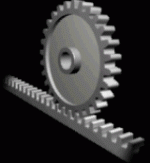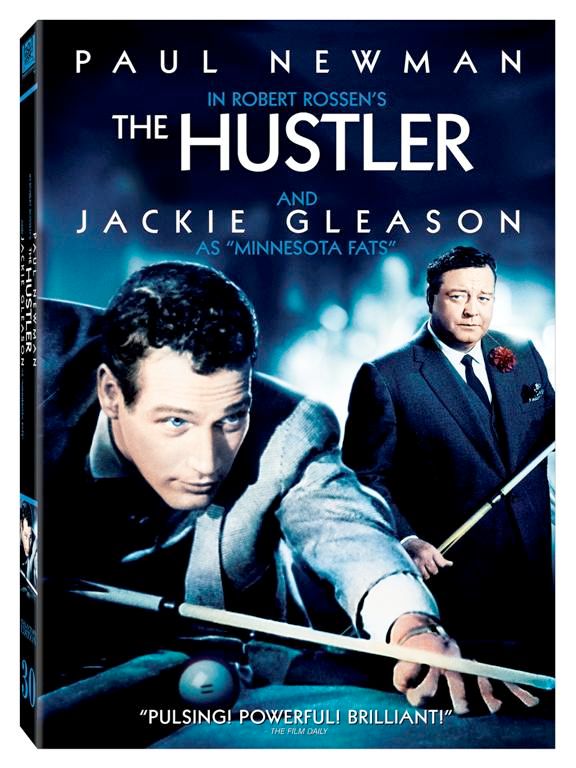CJ,
I hear you. I have only been on AZB since June when I came on to buy a couple of shafts. One has to learn a whole different vernacular & when in Rome, speak Italian.
Here's some words used by "RoadPlayers", in case you want to "speak their language".
I'll do some research and find out what technical terms are used by the older generation of players for these technical pool discussions.
-----------------------------------------------------------------------
George- Word that means something is good. “the movie was george” or “the game is george” We also use double george to mean really good. This can be signaled to another roadplayer by putting their hand over their chest.
Tom- The opposite of george and simply means something is bad. If the game is a tom game then you shouldn’t play. This can be signaled by brushing your nose with your finger. Double tom for emphasis.
Stalling or laying down- playing “under your speed” , missing balls on purpose or anything to make yourself appear to play less than you really do.
Lemon or lemonade- losing on purpose with the intention of coming back at a later time to beat either the person you played or someone else. Enables you to bet higher because someone already saw you lose and underrates your game. Lemons require you to stall.
Jar- means to put something in someones drink to make them play bad and lose. Even if a drink hasn’t been opened it can be jarred by shooting the substance in the bottle or can with an insulin needle or syringe.
Spotbook- the book that you keep the names and personal information about someone that tells how to beat them out of the most money, how much they will bet, how much they can be spotted, what they look like, where they play, what game they like and don’t like, and anything else that will help win the maximum money off of them.
Spotsheet- a piece of paper with all the information you need for a certain location that has information on everyone in the room that has to do with gambling.
Mark- someone that has been targeted to be hustled or conned
Chip- used in reference to drugs that keep you up (amphetamines)
Shortstop- someone that thinks they play well but are not capable of beating any real players.
Steerman- someone that tells roadplayers where they can go to win money and gives them the information that goes in their spotbook. A good steerman will make 20% of the winnings for giving a good “steer”.
Stakehorse or backer- someone that puts up the money for a player and usually will split the winnings with the player 50-50 or 60-40 depending on the statis of the player and how desperate he is for action.
Bankroll- refers to the money that you have to gamble with. Most gamblers will keep a “roll” of money in their front pocket for show.
Flash- to show a potential mark a roll of money seemingly unintentially.
Nit- someone that is tight with their money and “won’t bet fat meat is greasy.” “no gambling nit”
Nose open- refers to when a sucker is beyond the point of no return and is chasing his money trying to win it back, but is in a trap and will probably lose all he has and all he can borrow.
Sucker- a loser or someone that always finds a way to lose his money.
Scuffler- someone that hangs around bars or pool rooms looking for suckers that can’t possibly win. They usually make most of their living doing this.
Roadplayer- the premier pool hustlers. They may go years without losing because they play really well and always know who they are playing before they play. They always have spotbooks and access to the best steermen.
Going off- means losing most if not all of your money gambling
Sharking- to intentially try to distract your opponent by either saying something or doing something while they are shooting a shot.
Double steer- to give someone a steer to play a certain game, but actually being in with the other person. This is common among hustlers and stakehorses, especially in the big city pool rooms.
Double steer lemon- Pretending to set up a double steer, but actually being in with the first guy for the purpose of getting someone else into a game. Because of the double steer format the winning player would have to split the money with the person setting it up and if it is really a lemon then you are appearing to lose twice as much as you really are and you have the player thinking that he has really won and will tell people that are in with him so that they might get caught up in a future game. This is only done by experienced roadplayers and hustlers.
Dump- to lose a stakehorses money on purpose and splitting it with the player later at a secret meeting place.
Knockers - People that tell others the level of players game so they won't play. Knockers do this to feel important and useful, but as a result keep the action in a pool room to a bare minimum. Knockers are hated by road players.
Detectives - They are like knockers, but sometimes use all the information they come up with to gamble themselves. They know how everyone in town plays and are useful to hustlers because they give them information...sometimes for free, but usually want a "piece of the action" in return.
*
From CJ Wiley's Blog on AZ Billiards



